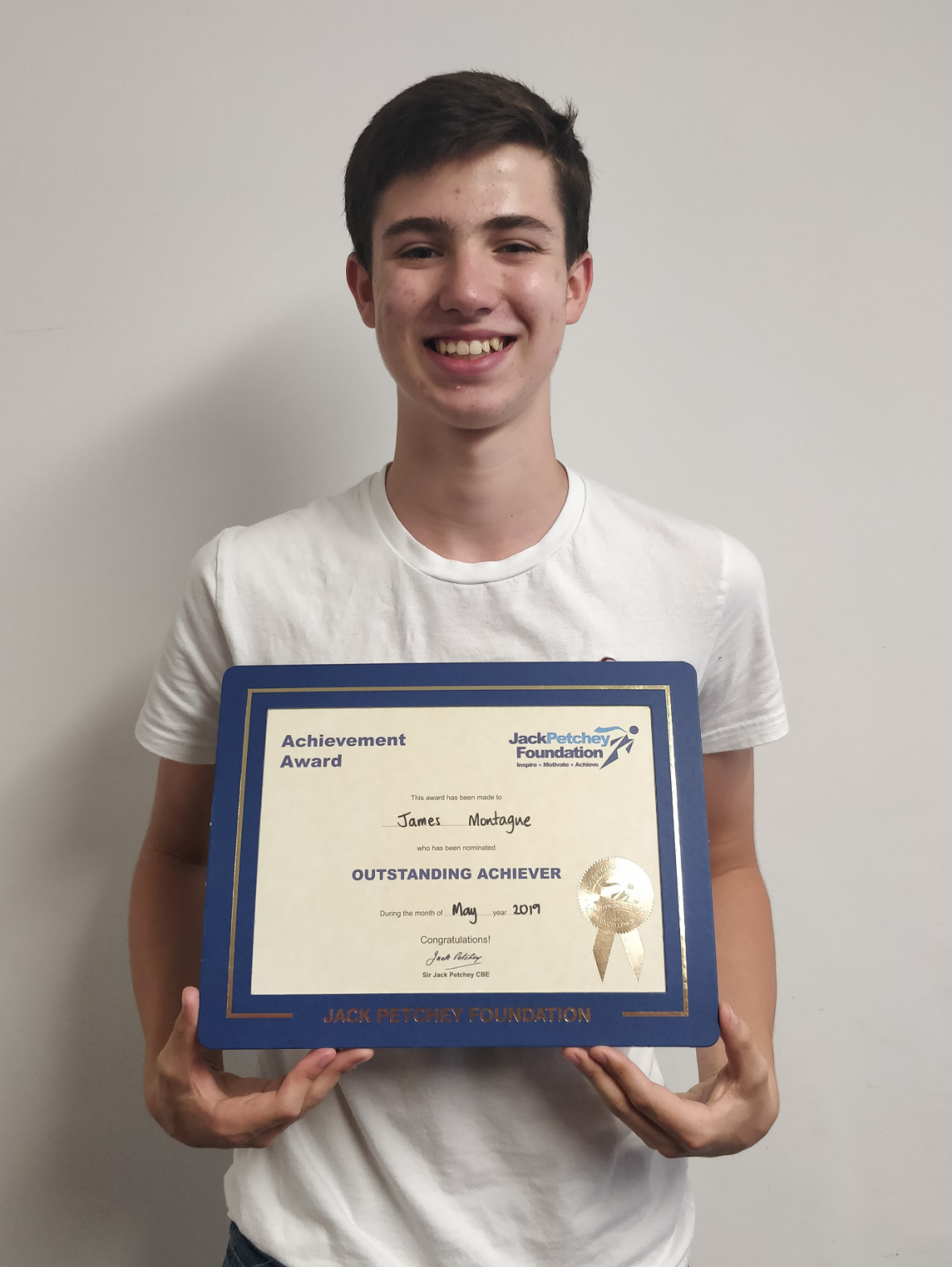

Groups who aren't able to simply live their values, but have to wear them as a badge for self-promotion and moral superiority in such a way as to render them plastic, insipid. Then there's the loud, cringeworthy virtue-signalling of groups (particularly in Germany and the USA) who call themselves left-wing. There is the ugliness of the far-right and their connections with nationalist elements of the state (practically acting as police in several instances, so much for 1312!) and with capital (profiteering, merchandising, connections with suspect businessmen, even extortion). Montague, perhaps by virtue of his own local terrace experience, did none of these.ġ312 surprised me, it even managed to articulate the energy of terrace culture I've always struggled to put into words- the things that make it one identifiable culture despite an array of political and stylistic contrasts - to FEEL football not just to watch it, to fight for your community, to reject authority and commercialisation, and to test the boundaries of state and society.ĭespite the culture's origin in passion, drama, and the values mentioned above, it's fair to say that the picture of modern ultras scenes painted in the book isn't particularly romantic, nor optimistic. The tendency is to either overhype, moralise, or just miss the point completely. I was loath to read this, holding onto long term distrust of 'outsiders' (not necessarily journalists either) writing about a youth culture that means a lot to me.

It’s an unforgettable look at the volatile new forces in football, at a time when people power and anti-establishment voices are redefining politics – sometimes for better, sometimes for worse. With unique insider access, the book explains how ultras have grown into a fiercely political movement that embraces extremes on both the left and right fighting against the commercialisation of football and society, the resettlement of refugees, the rise of fascism, opposition to dictators and the attempts to control them by the authorities who both covet and fear their power. In this book, James Montague goes underground to uncover the true face of this dissident force for the first time.ġ312: Among the Ultras tells the story of how the movement began, emerging from the terraces of post-war Italy, the Balkans and Brazil, and how it has become a global phenomenon that now dominates the stadiums of Madrid, Munich, Moscow and Buenos Aires. Their global movement of extreme fandom and politics is also one of the largest youth movements in the world, yet they remain enigmatic: an anti-establishment force that is transforming both football and politics.

Fiercely loyal, organised, political and violent, they are a hugely visible and controversial part of the global game, their credo and aesthetic replicated in almost every league everywhere on earth.


 0 kommentar(er)
0 kommentar(er)
